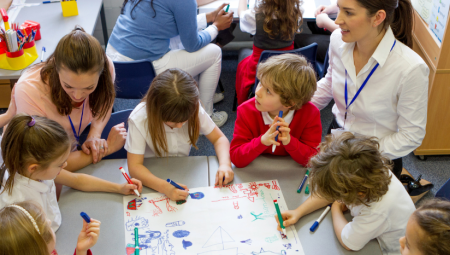Background
The mental ill-health and wellbeing of young people is a growing issue, and young women are three times more likely to be affected by mental health problems than young men. Mental ill-health also affects minority ethnic populations differently, with research showing increased long-term depression among Muslims compared with others. British Muslims are also less likely to access mental health services, partly because many services do not understand and address their cultural needs.
Project Aims
- Our study aims to find out:
Whether it is possible to compare the new faith-based programme with a typical mental health programme (such as that offered by the NHS) - How well our plans and ways of collecting information work, what helps young Muslim women get involved, and what their experiences of taking part are.
Project Activity
We are looking for 60 Muslim women in total who will be randomly allocated to receive one of two programmes:
- The faith-based intervention - group therapy sessions that have been specially developed to reflect the Muslim faith and culture.
- Usual psychoeducation group support - standard mental health programme.
Those who take part will attend one 90-minute group session (up to 10 people per group) each week, for 6 weeks. Those who take part in the study will be involved in the study for 6 months in total. This includes the 6 weeks of group sessions and completing questionnaires before the first session, after 6 weeks and 24 weeks after joining the study. The questionnaires will ask about depression, anxiety, wellbeing, quality of life, religious coping, service use and session attendance. Some participants and staff will also be asked about their experiences in the study in an interview or focus group.
Anticipated or actual outputs
It will inform a pathway to testing the effectiveness and cost-effectiveness of the IM-Adapted intervention for young Muslim women, increasing representation of marginalised groups in research.
Papers and resources
https://im-adaptedstudy.co.uk/
Smith, M., Jones, A., Zormati, P. et al. A randomised controlled trial of a faith-based culturally adapted intervention for depression in young Muslim women (IM-Adapted): a multi-site feasibility trial protocol. Pilot Feasibility Stud 11, 112 (2025). https://doi.org/10.1186/s40814-025-01691-9
Who is involved?
- Principal Investigator: Daksha Trivedi, University of Hertfordshire
- Corresponding Researcher: Megan Smith, University of Hertfordshire
- David Wellsted, University of Hertfordshire
- Louca-Mai Brady, University of Hertfordshire
- Silvana Mengoni, University of Hertfordshire
- Helen Munro Wild, University of Hertfordshire
- Pashtana Zormati, University of Hertfordshire
- Safiyah Khan, Inspirited Minds
- Andy Jones, C3 Collaborating for Health
- Ghazala Mir, University of Leeds
- Atiya Kamal, Birmingham City University
- Allan Clark, University of East Anglia
- David Turner, University of East Anglia
- Salman Waqar, British Islamic Medical Association
- Farzana Kara, Public Involvement
Contact
d.trivedi@herts.ac.uk





